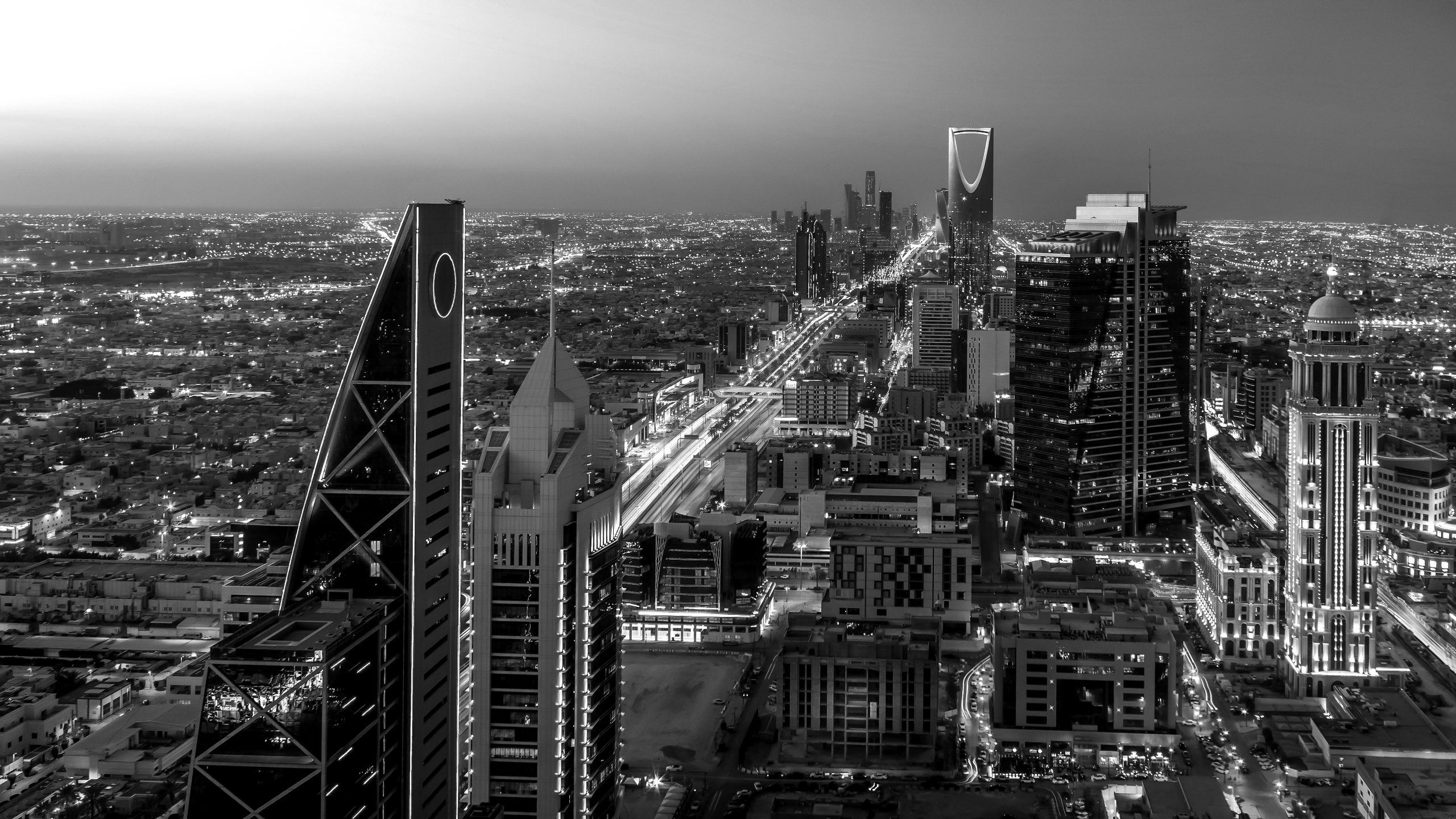About
The Kingdom of Saudi Arabia (KSA) is the largest economy in the Arab world, accounting for 25% of the Arab Gross Domestic Product (GDP). Saudi Arabia has an oil-based economy with strong Government controls over major economic activities. The Kingdom possesses around 25% of the world’s oil reserves and plays a leading role in the Organisation of the Petroleum Exporting Countries (OPEC).
Saudi Arabia is the largest free economic market in the Middle East and North Africa (MENA) region. It is a key member of the Gulf Cooperation Council (GCC) and has free trade agreements with the Greater Arab Free Trade Area (GAFTA), the European Free Trade Association (EFTA), as well as Singapore.
Saudi Arabia has the largest economy and population in the Gulf region and with 50% of Saudis under 25 years-old, the Saudi population is also one of the fastest growing in the world. The current population of over 28 million is expected to increase to 29 million by the end of 2020. Massive investment is required to meet the needs of this growing population.
KSA is a high-growth market which offers significant opportunities for companies across a range of sectors. In 2016, the Government launched ‘Saudi Vision 2030’ – a social, cultural, and economic transformation plan, which seeks to diversify the Kingdom’s economy away from fossil fuels. It sets out an extensive, specific network of policies, goals and objectives for the Kingdom to reach by the year 2030.
This plan now informs and outlines all of Saudi Arabia’s business and economic decisions and has introduced initiatives to prioritise a number of sectors in terms of deregulation and privatisation, including health, education, infrastructure, recreation and tourism. The initial offering of 1.5% of the national oil giant Saudi Aramco last December generated an estimated US $25.6 billion, which will be put towards the Vision 2030 plan and a range of future privatisations.
This is encouraging significant foreign investment and thousands of international businesses and investors have been travelling to KSA with a view to establishing a foothold, as the country continues to open-up for new business opportunities at an unprecedented rate.
In September 2019, the Saudi Commission for Tourism and National Heritage (SCTH) started issuing tourist visas for the first time on a one-year, multiple-entry basis, allowing tourists to spend up to 90 days in the Kingdom. Previously, the work visit and Hajj pilgrimage visas were the main non-immigrant visa options for travel to and from KSA. A work visit visa required a legitimate business purpose and in most cases, a letter of support from a business in the Kingdom.
The new programme offers tourist visas to citizens of 49 countries – including Australia, Brunei, Canada, China, Japan, Malaysia, New Zealand, Singapore, South Korea, most European countries and the US. Tourists can apply for visas online (e-visas) or upon arrival in the Kingdom during the admissions process (visas-on-arrival).
KSA also continues to ease its ‘doing business’ rules, by permitting 100% ownership in certain Saudi companies and the acquisition of specific real estate projects by foreign nationals, as well as relaxing social norms, such as lifting the requirement on foreign, female visitors to wear an ‘abaya.’
In more recent developments and just over two years after the introduction of VAT on 1 January 2018, Saudi Arabia has decided to increase the rate of VAT from 5% to 15% with effect from 1 July 2020. The measure has been implemented to improve the fiscal balance in the Kingdom in response to the COVID-19 pandemic.
Individuals, SME’s and Corporations of all sizes, with the support of Sovereign and our strategic collaboration partners can benefit from potentially huge opportunities by establishing a form of legal presence in Saudi Arabia.
Explore Saudi Arabia
Please contact us if you have any questions or queries and your local representative will be in touch with you as soon as possible.

